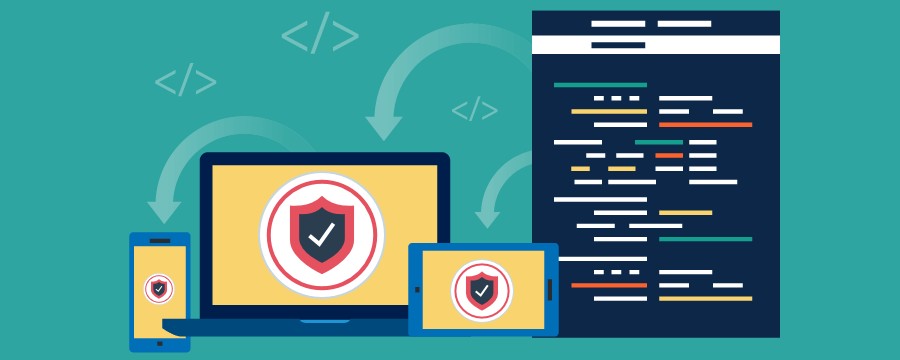There is no way to predict the future, but there are some things you can do to help make it better. For example, you should have a strategy in place for the future of security. This will help you make sure that your company is prepared for any type of attack.
The first thing you should consider is how your company handles security incidents in general. If they are not properly handled, they can lead to serious problems. It’s important that these incidents are handled with care and not allowed to escalate into larger issues.
What do you need to prepare for when it comes to security in software companies?
There are many ways to handle security in software companies. Some of the most common methods are using guard, white hat hackers, and bug bounty hunters.
To prepare for security in your software company, you should consider what kind of security measures you want to implement. You should also think about how much you want to spend on security and how often it will be updated.
Some of the other things that you need to prepare for include: how much time will it take to implement security measures, what type of employees will be needed for the implementation process, and where is the budget coming from?
How Should You Set-Up Your Company’s IT Security Policy?
There are a lot of aspects that you need to consider when it comes to setting up your company’s IT security policy. You should take into account the size of your company and the type of business you are in.
Before you start, it is important to understand what types of data you keep on your system and how often do you access these files. You also need to consider what kind of data breaches can happen and who might be affected by these breaches.
There are a few common mistakes that companies make when they set up their IT security policies. These mistakes include not having a written policy, not having an emergency plan or not being able to identify all the risks associated with data breaches
What Is the Role of a Security Guard in a Software Company?
Security guards have the role of protecting company data from any kind of criminal activity. They are also tasked with preventing theft, vandalism, and other unwanted activities.
The security guard is a key player in the protection of company data. They are responsible for ensuring that all employees follow the rules and regulations set by the company – as well as maintaining a safe work environment and patrolling the premises to check for suspicious activity. Now you can buy 20 gauge ammo online from Palmetto State Armory for complete security of software companies.
A security guard’s job description will vary depending on how big or small the company is, what kind of security they need, and what type of industry they’re in.
Security Guard Training and Education Requirements to Be an Effective Employee
Security guards are one of the most important workers in the security industry. They provide a layer of protection and help maintain a safe environment for their clients.
In order to be an effective security guard, you need to have certain skills and knowledge. Depending on your position, you will need to have different skillsets. For example, if you are working in a hotel or casino you will need to know how to monitor people coming in and out of the premises, while if you are working in a bank or government agency you will need to know how to use firearms should they be required during your shift.
This is where training programs come into play – they provide security guards with the necessary knowledge and skills that they need for their job. These training programs can also include specific certifications that will allow them work.
Which Technology Will Be Used To Protect Your Company’s Data Integrity?
Technology trends are constantly changing and the way we protect our data integrity is no exception. With the introduction of new technologies, it is hard to predict what will be the next big thing in 2018.
The following are some of the most popular technologies that companies use to protect their data integrity:
– Encryption (used by companies to protect their data)
– Hashing (used by companies to verify that encrypted data has not been tampered with)
– Blockchain (used by companies for auditing and compliance purposes).








